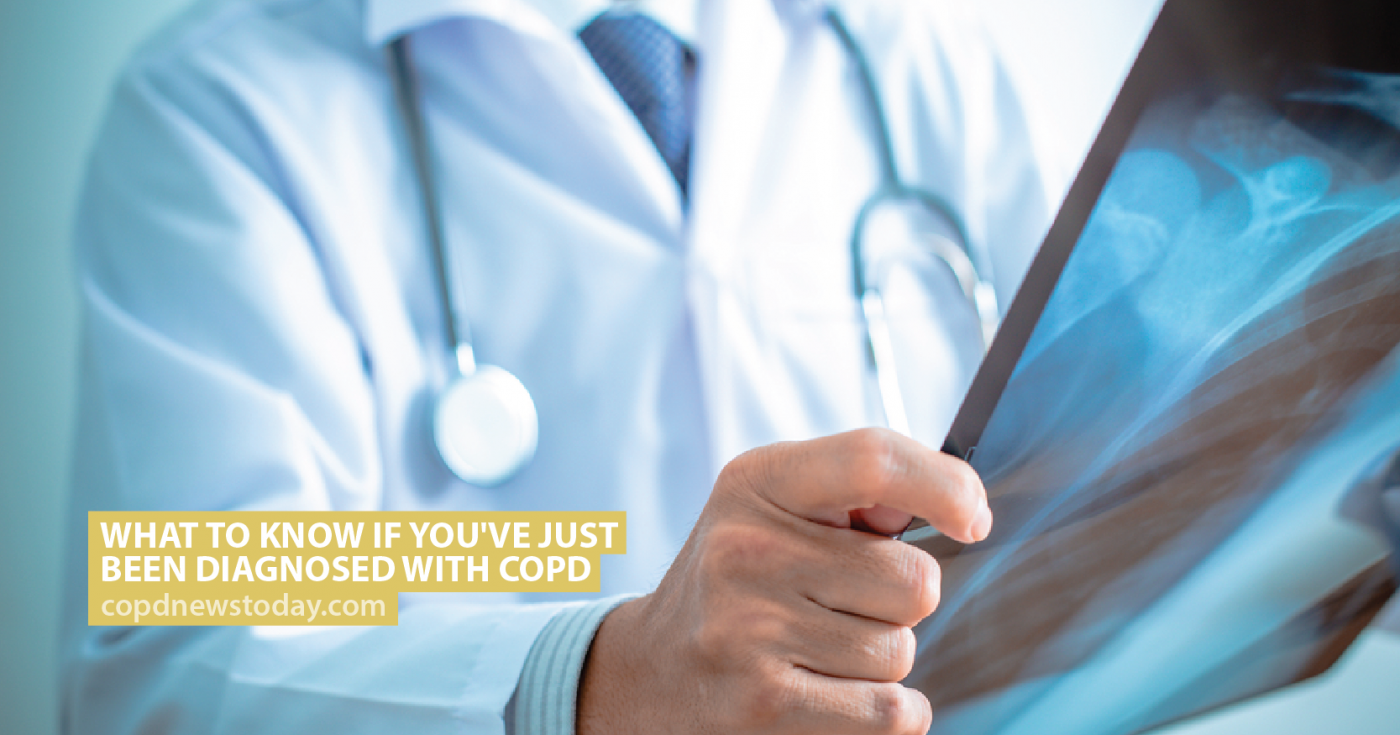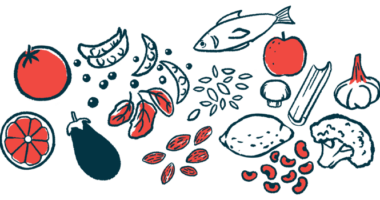What to Know If You’ve Just Been Diagnosed With COPD

If you’ve recently been diagnosed with chronic obstructive pulmonary disease (COPD) you will no doubt have many questions about how to best manage the disease moving forward. COPD is an umbrella term for two different progressive lung disorders: emphysema and chronic bronchitis. Although each disease affects the lungs in a different way, the patient will experience the same symptoms with both conditions, including shortness of breath, persistent cough, and fatigue.
MORE: How to manage life with COPD.
Your healthcare team will help by prescribing medication and possibly enrolling you in pulmonary rehabilitation but there are things that you can do on your own to improve your quality of life and avoid exacerbations, according to the British Lung Foundation.
Quit Smoking
Quitting smoking is the most important thing you can do to slow the progression of your COPD and improve your overall health. Speak to your doctor if you’re finding it difficult to quit on your own.
Breathing Exercises
There are exercises that can improve your breathing and help ease you through times of breathlessness. Your healthcare team will be able to demonstrate these for you.
MORE: Four breathing control techniques every COPD patient should know.
Exercise
Gentle exercise has been shown to improve the quality of life for COPD sufferers. Pulmonary rehabilitation will help you devise an exercise regimen that’s right for you, but gentle walking is a good place to start. Build up your strength and stamina over time and aim for around 150 minutes per week or around 20 minutes per day.
Maintain a Healthy Body Weight
Being too heavy or too light can both cause problems if you have COPD. Speak with your doctor or nutritionist to devise a diet which can help you reach a healthy body weight.
Eat Well
Eat a healthy, balanced diet that includes lots of fruit and vegetables, fiber, and whole foods. Cut down on processed foods and foods which are high in saturated fat, salt, and sugar. Make sure you drink plenty of water each day to avoid dehydration.
Have a Flare Plan
If you experience an exacerbation or flare, it’s important to have a plan in place so that you and your family know what to do. Discuss the best options with your healthcare team and loved ones.
MORE: Nine important dos and don’ts for people with COPD.
COPD News Today is strictly a news and information website about the disease. It does not provide medical advice, diagnosis or treatment. This content is not intended to be a substitute for professional medical advice, diagnosis, or treatment. Always seek the advice of your physician or another qualified health provider with any questions you may have regarding a medical condition. Never disregard professional medical advice or delay in seeking it because of something you have read on this website.






